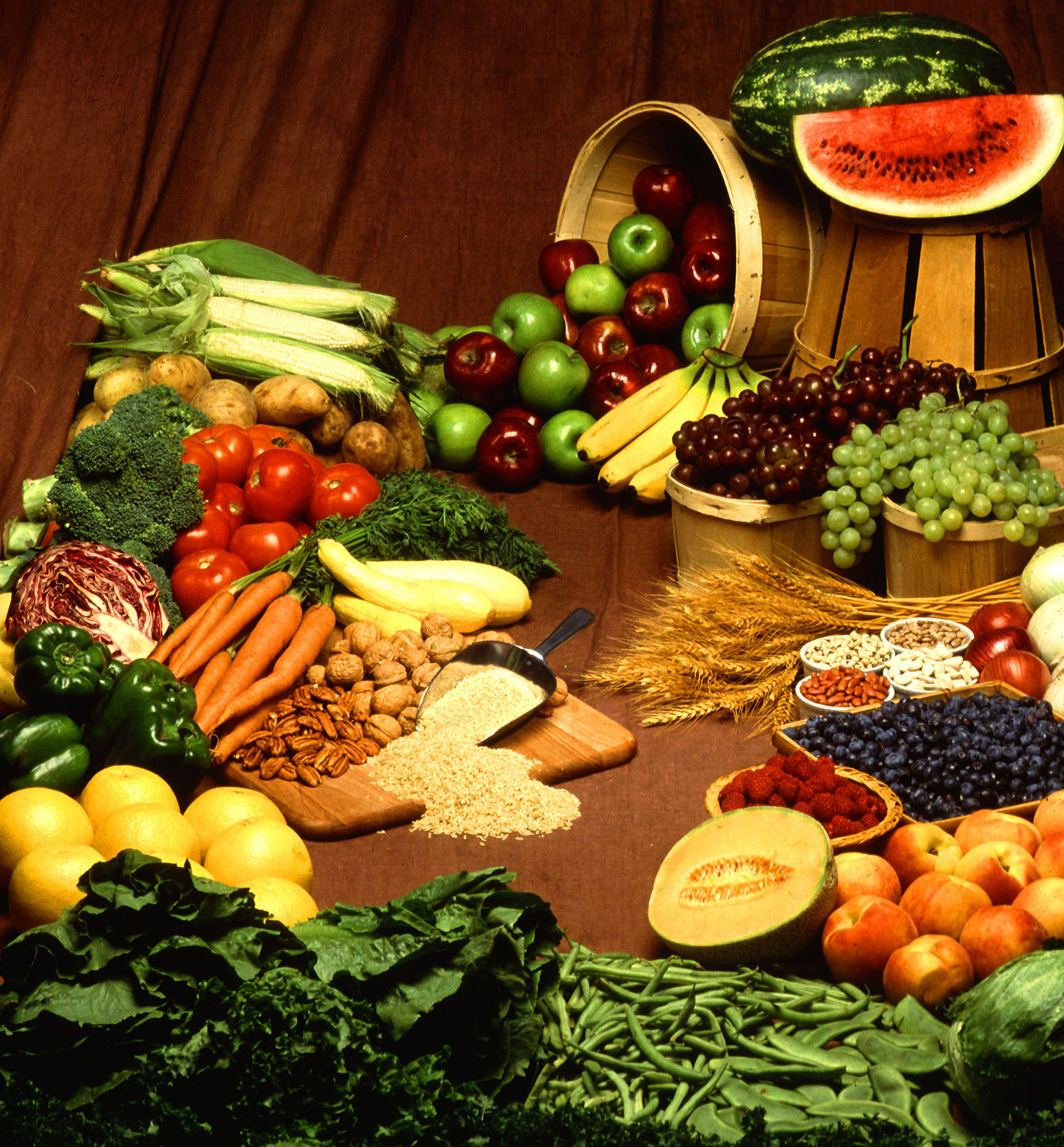
Why it’s not simply veggie lovers and vegetarians who are incorporating plant-based protein in their eating regimen
Fats, starches and proteins are quite often in the news, regardless of whether it is tips on the amount to burn-through, or about the most recent wellbeing pattern or prevailing fashion around them. In any case, of the three, proteins are the most discussed nutrition type; in light of current circumstances, obviously.
They help fabricate muscles, fix tissue post exercises, balance liquids, support insusceptibility, make chemicals and catalysts. To put it plainly, in any event 10,000 distinct proteins make you what you are and keep you that way. Progressively, more individuals are getting some distance from conventional creature proteins and selecting plant-based other options.
An examination in 2019 that uncovered that plantbased abstains from food are related with a lower danger of cardiovascular illness, and that is only one of the numerous reasons why plant protein consumption has been on a consistent ascent.
Why it’s moving
“This rise of plant protein trend may be attributed to the social and digital influencers and animal activists propagating to eat more plant-based proteins,” they says and Center for Obesity and Longevity, adding, “There is a sudden high demand because people are realising that plants are more beneficial not only to the body but also for the environment and help reduce one’s carbon footprint. People are more conscious about what they eat and put into their bodies and if it is equally good for the environment, the better it is.”
In any case, is it simply a prevailing fashion? “Plant protein is not just a fad but we always recommend it be complimented with pea protein. Peas have high quality protein, are among the richest sources of iron and have proved to aid weight loss, muscle growth and heart health,” they says.
The requirement for It
“After conducting in-depth research, we found that a large number of vegetarians in India struggled to find sufficient variety in their daily diet that fits their taste profile as well as provides the essential protein and vitamins required to meet their nutritional needs. As a result, meals can get monotonous,” they says, a Bengaluru-based a food venture offering tasty and nutritious plant protein. “Plant-based protein is hypo-allergen and good nutritionally for all those who are lactose intolerant”.
Where to get plant-based proteins
There are some ordinarily utilized plant-based food alternatives accessible on the lookout. “Beans, lentils, tofu, soya, peas, edamame, nuts, broccoli soy, tofu, tempeh and whole grains are high in protein,” they says. If you don’t like eating veggies, there are other ways to ingest it too. “Plant protein can also be taken as a supplement in powder form, like brown rice protein powder, hemp seed powder or pea powder,” they says.
Plant versus creature protein
Plant protein has the wealth of filaments that creature protein needs, while creature protein has fundamental amino acids that plant protein doesn’t congratulate. “Globally, there is not much debate anymore and it has been ascertained that a diet which mostly includes the right plant-based foods leads to better long-term health and a more sustainable environment,” they says.
They adds that plant protein is effectively accessible and you don’t need a ton of room to develop it. Nonetheless, there are a couple of cons. “A negative aspect of a plant-based diet is that it may not meet the body’s need of vitamins and minerals,” they clarifies.

Alesa was born in Tuskegee Albama and educated at Kent state University. She is making a BIG name for himself & becoming highly credible. She worked as a manager for the global marketing department.
Disclaimer: The views, suggestions, and opinions expressed here are the sole responsibility of the experts. No journalist was involved in the writing and production of this article.

